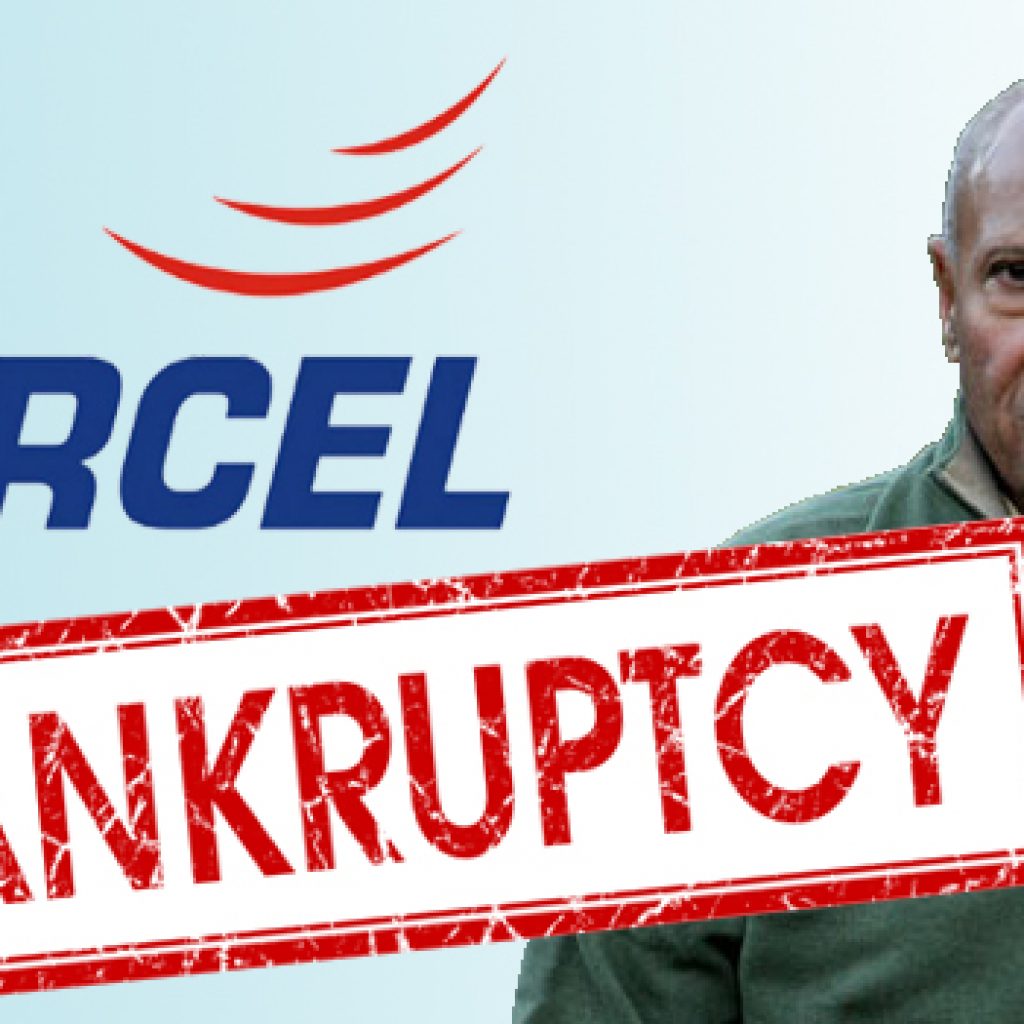
Malaysian billionaire T. Ananda Krishnan’s company is set to make a loss of around $7 billion from a failed 12-year investment in the Indian telecom company Aircel Ltd, which officially announced the start of insolvency proceedings on Wednesday.
Krishnan’s holding company Maxis Communcations Bhd had spent about $3.4 billion in shareholder rights to Aircel; amount which they will never see again.
A person close to the company said anonymously that the holding company has also spent around 1.2 billion in Aircel in return for common stock.
They also subscribed to $1.6 billion of redeemable preference shares. The estimates of losses also include the first $800 million Krishnan injected in the company when he first bought the firm in 2006. At that time, less than 10% of India’s 1.1 billion inhabitants owned a mobile and the scope of the market was unimaginable.
As the insolvency process is still at its beginning phase, the amount of losses can still reduce as the proceedings go ahead. However, Maxis Communications are not confident about recovering the funds invested by reselling some of Aircel’s assets.
Maxis Communication 45% controlled by KrisBumiputeragh, his private investment vehicle Usaha Tegas Sdn. 25% is owned by Saudi Telecom Co who have no economic obligations towards Aircel Co after revising the shareholder agreements in December 2013. Another 30% belongs to other Malaysian investors.
T. Ananda Krishnan is the third richest person in Malaysia possessing a net worth of $6.1 billion, according to the Bloomberg Billionaire Index. He holds shares in Maxis Bhd, Malaysia’s mobile carrier with most users. He also possesses shares in pay-TV operator Astro Malaysia Holdings Bhd. and oil services provider Bumi Armada Bhd and has properties in the U.K and Switzerland.
While the investment first looked like the icing on the cake for a career of 50 years in investment, Aircel’s bankruptcy filing on Wednesday marked the 76-year-old billionaire’s biggest failure. The $7 billion investment in the mobile carrier Aircel Ltd will undoubtedly be remembered as the biggest fiasco from an overseas investor. This is a strong message to those believing that making business in the world’s fastest-growing economy is not as easy as one predicts.
Crushed by the intense competition and regulatory unstability, Aircel is the last added to an already long list of Indian telecom companies that crashed. It was however, not so long ago that foreign investors spilled the cash in huge quantities to join this market.
